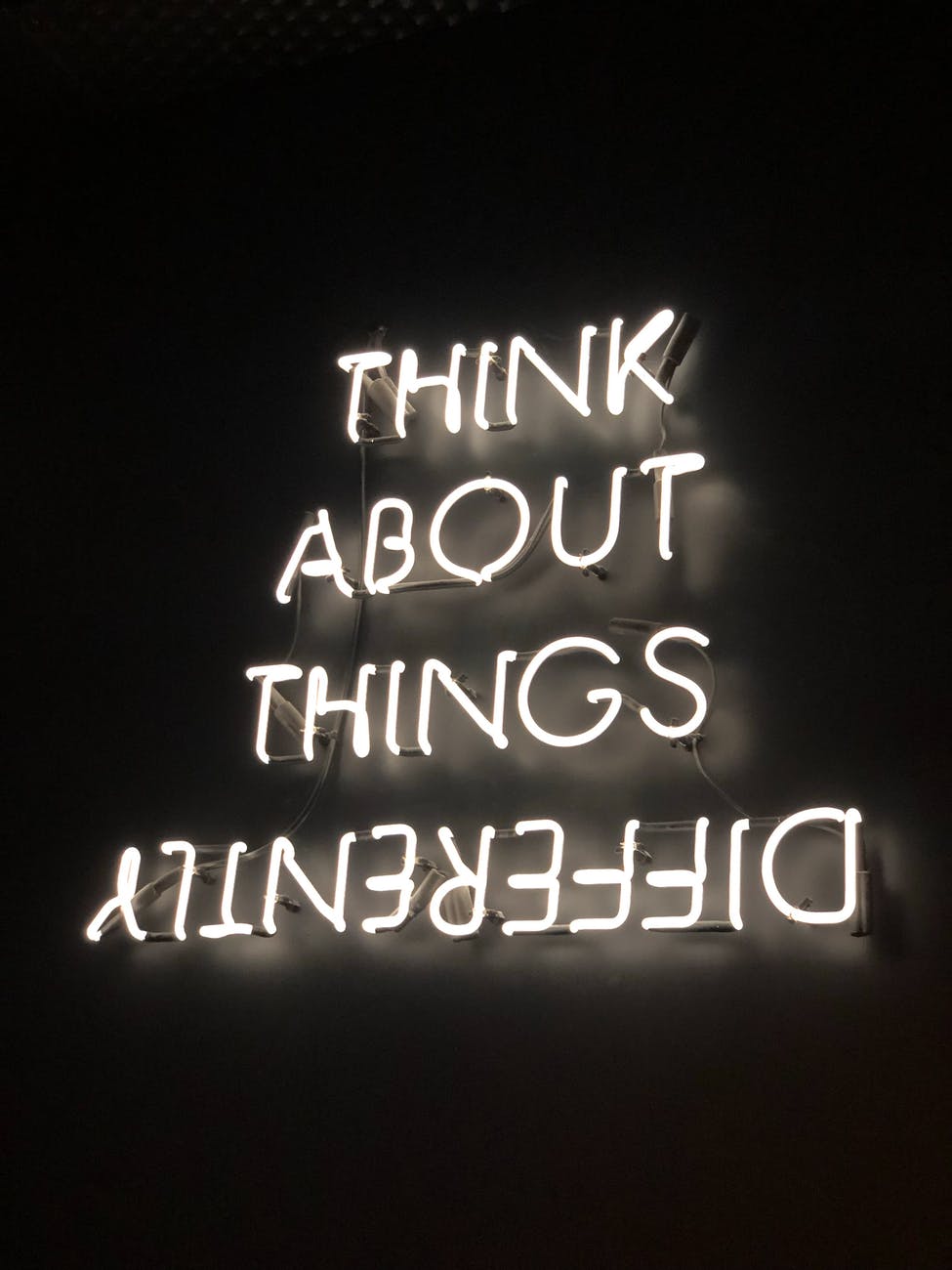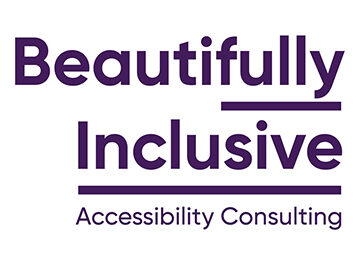In the disability community we talk a lot about language… and while we do not ALWAYS agree on what language should be used, there are strong leanings toward language we prefer “as a whole”.
Some key things that almost everyone seems to agree on are as follows:
- Do not call someone with a disability inspiring, courageous, etc. We did not choose to have our disabilities and we are just living our lives as we are, the best that we can, in a world where society has imposed barriers and restrictions on us. The problem is not our disability, but the inaccessible world around us. We are not courageous or inspiring, and while you mean well with these comments it is insulting because it insinuates our life is lesser than and would be “so hard to live”. This also covers comments like “I just don’t know how you do it every day!”, “I couldn’t do it, I am not strong enough!”, etc. This is my life, I only have one, and I am living it.
- Do not use negative terms when talking about someone else’s disability. Using terms like “suffers from”, “afflicted by”, “restrained to”, “forced to”, etc. These terms are harsh and unnecessary. We use devices to better our lives and we are not restricted/restrained by them, they give us freedom in an inaccessible world. Change your thinking, please. If you can’t change your thinking, at least pity us without being obvious or vocal. YES, being disabled has challenges, and often it just outright SUCKS. BUT having someone else refer to us in these harsh ways only makes us feel WORSE emotionally. Stop it. Instead of the negative language simply say “Jim has CP”, “Jane has TS” etc. stop attaching your negative feelings to it, ESPECIALLY if you are speaking about a child. They can hear you.
Now this part is not meant to start debates or trigger anyone, so if you feel triggered, please take a few deep breaths instead of firing off a comment, as I said we do not always agree on this. These are my thoughts around things that have been discussed strongly within the community, I acknowledge that not everyone agrees, and that is ok.
The term disabled, and people first language is more complex.
People first vs. identity first: this one is personal. Some believe that the “people first” language was created by non-disabled people to make themselves more comfortable, and that it strips away disability pride/identity. Others believe people first language is a good default because not everyone has disability pride or wants to identify as a disabled person, and are more comfortable to say they are a person with a disability. I typically recommend defaulting to people first language unless you are asked to do otherwise, in which case you should change your language only for the person asking you to use disability identity first.
There is a smaller group of people in the community who prefer to use the term special needs, specially abled, or differently abled, special needs mom, special needs parent, etc. and disability first language because they consider it to be a large part of who they (or their children) are.
As a whole the disabled community prefers you to use the term disabled. If you are unsure, and you know someone with a disability you can ask them what their language preferences are (and then use that preference with that person only). I would advise that typically you use the term disabled. If someone with a disability corrects your language, please listen and apply what they say to them specifically, because respecting someone’s preferred language is incredibly important.
Most of us who prefer the term disabled because the word DISABLED is NOT an insult, it is not derogatory, it is factual. Using other terms insinuates that disabled is a bad word, with negative connotations and that simply is not the case. Any negativity attached to this word is typically coming from the person who is not disabled looking upon us with pity or feelings that we are “lesser than” so therefore must pretend like we are not disabled. MOST people with disabilities find this to be infantilizing and insulting. Many people with disabilities are even PROUD. We work hard to advocate! So please, get used to using the word DISABLED. It’s ok.
I also would encourage parents who are new to the world of disability to consider using disabled, person first language from the start because we grow up hearing people stumble to do everything they can not to acknowledge that we are disabled. I have even had people argue with me “Oh you aren’t disabled; you are just differently abled”. No, I am in fact disabled and your discomfort with that is the bigger issue!
WE need to learn to stand in our power and say “Yes I am disabled” so that we can advocate for ourselves. Our world is not always kind and learning the language to advocate for ourselves is important.
Whatever language you use – if you are a person living with disability, stand strong and be patient, everyone is trying to do what they learned or believe is best. Ask for what you need or prefer (kindly).
If you are a person without a disability, PLEASE do things with your absolute best intentions and if someone corrects you? listen to them. If they tell you why THEY prefer something, do as they ask. Default to disability/people first language and remember above all else we are ok with being disabled, now we need you to be ok with it too.

